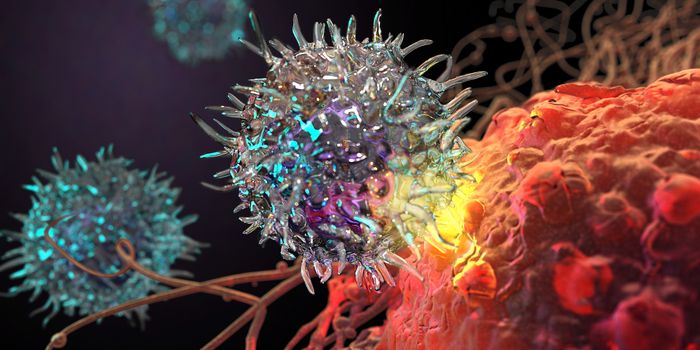In the world of drug development, finding new uses for old drugs seems like the ideal situation. But the road to repurposing the current drugs aren’t always well-traveled, especially by pharmaceutical companies that perceive little gain from an existing drug.

However, an international collaboration, named the Repurposing Drugs in Oncology (ReDO) project, hopes to change these prospect. Their goal is to broaden the applications of conventional of non-cancer drugs toward various cancer types. In particular, the collaboration recently
identified propranolol, a common heart medication, as a prominent anti-cancer drug against angioscarcomas – cancer of the inner linings of blood vessels.
Propranolol is a beta-blocker that is commonly used to treat high blood pressure and irregular heart rhythms. And by combing through epidemiological data and retrospective data, researchers from the ReDO project found that this drug also exhibited anticancer effects. Specifically, it appears that propranolol slows down proliferation of cancer cells and modulates this growth. "The evidence to date in angiosarcoma is especially compelling," said Pan Pantziarka, who is the study’s first author.
Of particular interest, pre-clinical work suggest that this drug is especially potent against rare soft-tissue sarcomas, such as angioscarcomas, which are rare forms of heart cancer. "Here is a rare disease with high unmet needs that is unlikely to attract investment from the commercial drug development sector. Propranolol offers these patients evidence of efficacy and with little or no toxicity,” Pantziarka added.
Indeed, propranolol is on the World Health Organization’s list of Essential Medicines. Additionally, the cost differences between propranolol and other traditional anticancer treatments are bewildering: Prescription propranolol is estimated to cost around $4 per month, as compared to the over $10,000 per month for other drug therapies for sarcomas.
Another promising aspect of propranolol is its potential to fight the metastatic process. "There is good in vivo evidence that propranolol, alone and in combination with other agents, impacts [metastasis]," said Pantziarka. "Reducing metastatic spread ultimately saves lives." The other agents named as working well with propranolol are COX-2 inhibitors.
Overall, the rediscovery of a new application for an old drug is exciting, especially for patients with rare diseases whose options are limited. According to Pantziarka, “The data for angiosarcoma, a cancer with poor outcomes when it has advanced, is compelling enough to warrant clinical trials immediately.”
For the bigger picture, the rediscovery adds more promise to the future of the ReDO project, which has previously identified anticancer effects in the “antacid cimetidine, the antibiotic clarithromycin, and the NSAID diclofenac.” With more systematic and rigorous testing, more new uses are bound to come out of our existing medicine cabinet.
Additional sources:
MNT,
Science World Report,
MedicalResearch
 However, an international collaboration, named the Repurposing Drugs in Oncology (ReDO) project, hopes to change these prospect. Their goal is to broaden the applications of conventional of non-cancer drugs toward various cancer types. In particular, the collaboration recently
However, an international collaboration, named the Repurposing Drugs in Oncology (ReDO) project, hopes to change these prospect. Their goal is to broaden the applications of conventional of non-cancer drugs toward various cancer types. In particular, the collaboration recently 







